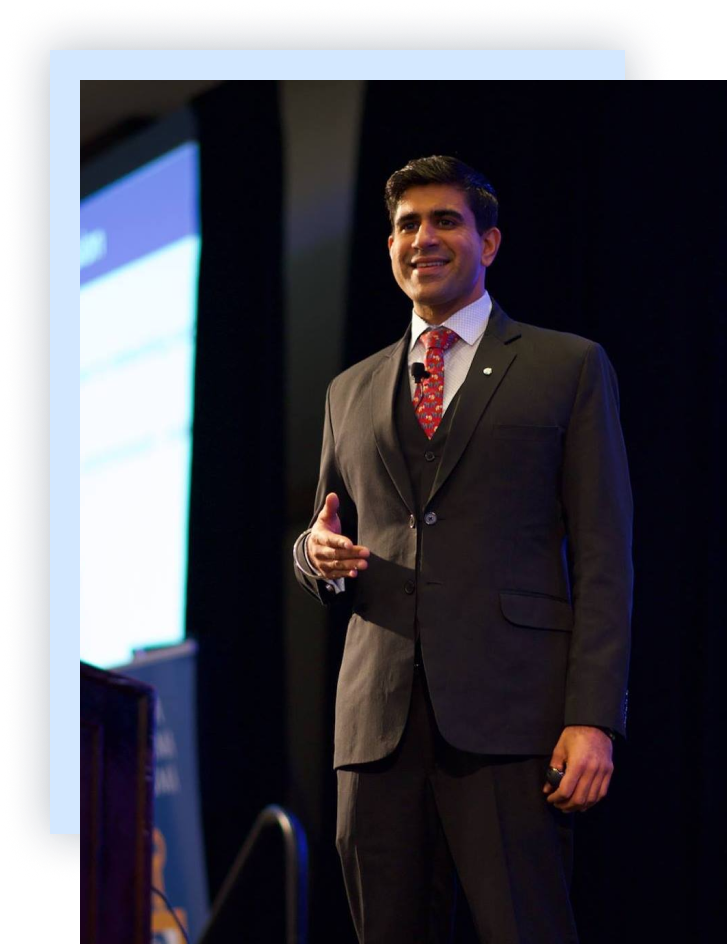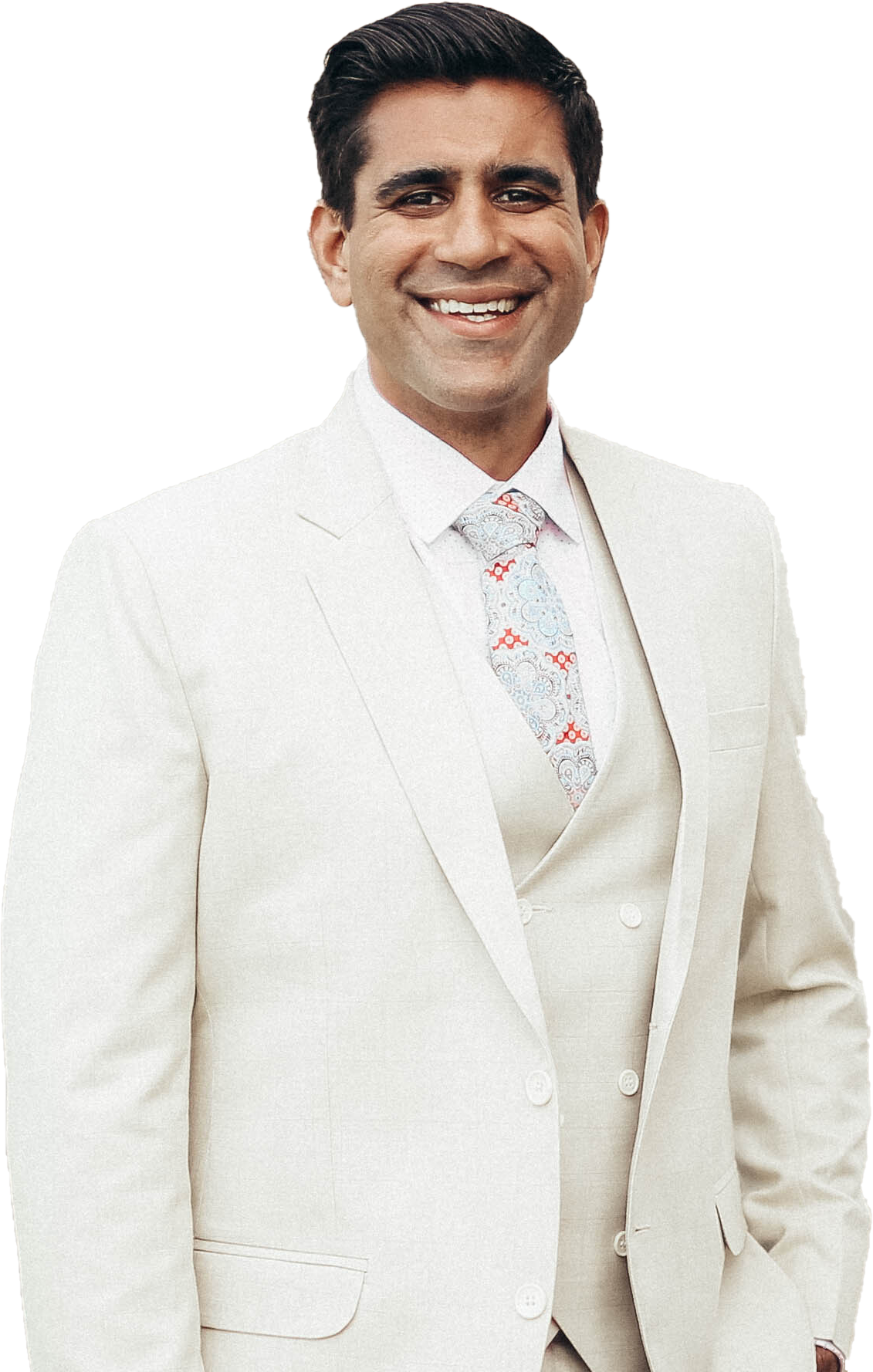- Who qualifies as an expert witness?
Not all experts are created equally—and when it comes to expert witnesses, state and federalcourts have specific rules about who can be considered an expert witness.
In a federal court, the Federal Rules of Evidence deem that a qualified expert witness is someone who “is qualified as an expert by knowledge, skill, experience, training, or educationmay testify in the form of an opinion or otherwise if: the expert’s scientific, technical, or other specialized knowledge will help the trier of fact to understand the evidence or to determine a fact in issue; the testimony is based on sufficient facts or data; the testimony is the product of reliable principles and methods; and the expert has reliably applied the principles and methods to the facts of the case.”
In layman’s terms, the difference between an expert witness and a non-expert witness comes down to opinion. Expert witnesses are generally asked to give their expert or professional opinion on a situation. In contrast, non-expert witnesses can only testify about facts—what they directly saw or heard—not about their thoughts or opinions.
- What does it mean to be an expert witness?
Often considered one of the most critical elements of civil and criminal cases, expert witnesses are an integral part of the court system. An expert witness is someone that the court has determined is qualified to provide information and explanation to the jury to understand the case better. And as you may imagine, it takes specialized skills, training, education, and experience to be considered an expert witness.
At the time of the trial, the expert witness must be qualified by the court, and qualification is not a one-time event; each time the expert witness will be offering his/her opinion on a case, they must be requalified anew, regardless of any expert witness history.
The expert witness must always remember that their highest obligation is to the court, regardless of which party is paying their fee.
- What does an expert witness provide before the court?
The expert witness is in the courtroom to provide their independent, expert opinion on the matter at hand. Their top priority is always to provide their truthful, impartial opinion—regardless of if their opinion benefits the party paying their fees. Additionally, the expert witness may be expected to provide a written report for the court attesting to their opinion and findings.
However, there are also a number of things that expert witnesses are NOT expected to do. Expert witnesses are not in court to advocate or argue for a particular side or a specific outcome for the case, nor are they there to give an opinion on anything outside of their narrow area of expertise. Additionally, expert witnesses are not there to advise what evidence or information should or should not be presented to the jury.
- How does one become an expert witness?
Under U.S. law, an expert witness is someone whose opinion on a specific matter before a court of law is considered “expert” by the court because of that individual’s education, scholarship, and/or overall experience. Any testimony or evidence given by the expert witness is called an “expert opinion,” is submitted to the case as evidence, and can be rebutted in court by witnesses, conflicting evidence, or other experts.
Different countries have different standards for who can qualify as an expert witness and what the person can testify about. In the United States, each state has its own laws or guidelines about expert witness testimony in its state and local courts.
Additionally, while some expert witnesses may testify as an “objective” witness for the court’s and the jury’s benefit, individual parties in a court case can hire or consult with their own experts to prepare reports for the court or to testify, to provide information or argument on a client’s behalf.
- How does one write an expert witness report?
An expert witness report, whether intended to be submitted directly to a court or used for the benefit of one party in a case, is a written summary of the expert’s examination of and opinion on the case at hand. It typically includes the expert’s qualifications and experience, often with a CV, if applicable, along with a list of cases for which the expert witness has previously testified.
The report lists all the documents and evidence the expert reviewed in preparing the report, along with an explanation of why the expert witness’s opinion is applicable to the case. The expert outlines the development, analysis, and justification of their opinion of the case. The report typically ends with the expert’s opinion on the matters of judgment and damages, if applicable.
Ultimately, the report is either used by legal counsel to form arguments for their client or submitted to the court as evidence.
- Who can be an expert witness?
Technically speaking, anyone can become an expert witness as long as their qualifications as such are accepted by a court. By recognizing someone as an expert witness, a judge essentially makes them an expert witness.
In practice, a person can be an expert witness only if they have significant knowledge and experience in a specific field, whether through scholarship and study, a lengthy professional career, or similar circumstances.
- How does one become a certified expert witness?
To become an expert witness, an individual must present their credentials as an expert witness to the court, and the presiding judge must recognize them as an expert witness. An expert witness must be re-qualified every time they are to be presented as such in a court of law.
- How much do expert witnesses get paid?
Compensation for expert witnesses varies widely, depending on the nature of their contribution to a case, the amount of time and effort involved, and various other factors. Expert witnesses are typically compensated on an hourly basis but are sometimes paid an overall fee instead if the work is performed on a “per project” basis. Expert witnesses might also be compensated for research time, costs, and other expenses involved in providing their opinion.
For example, an expert witness might be paid $400 per hour for research and testimony, in addition to having their travel and lodging expenses reimbursed. Or they might be paid a lump sum of $10,000 for all work involved in the development of their expert opinion on a specific case. Again, costs can vary widely and depend on individual circumstances.
- What restrictions are placed on expert witnesses?
Specific restrictions are placed on what an expert witness can and cannot testify to. Expert witnesses are permitted to give their opinions only on matters for which they are deemed qualified as having expertise. This distinction is very important in circumscribing what is often heavily weighted testimony.
Expert witnesses are a specific exception to the “hearsay rule.” Traditional witnesses can testify only to what they know and have experienced and are not permitted to speculate about hypotheticals or report third-party testimony. Expert witnesses, however, may discuss hypotheticals and other “hearsay” matters, as long as those matters are within the purview of their expertise. For example, an expert witness who is a surgeon can discuss hypotheticals within a medical malpractice case, including background and contextual information, as long as their testimony does not extend beyond that subject.
That said, expert witnesses must take an oath to testify truthfully and obey all court rules and procedures, such as respecting the “chain of custody” when handling and examining evidence.
- What skills are required by an expert witness?
In addition to qualifications to substantiate their opinions, expert witnesses need several different skills to be effective. Expert witnesses must be able to clearly and concisely present to a court issues that are often complex and difficult for a layperson to understand. Any expert witness who wishes to maintain their credibility must also be able to speak truth to power, providing their honest, good-faith opinion on the matters before them, even if the person or law firm that hired them would prefer a different conclusion.
Additionally, the ability to testify in court with confidence and to answer difficult or loaded questions from opposing counsel on cross-examination are valuable skills for any witness, but especially for an expert witness. The expert’s opinion often carries a great deal of weight in complicated legal proceedings, and that responsibility must be taken seriously.
- What qualifies a person to be an expert witness?
Typically, an expert witness is someone whose level of scholarship, knowledge, or professional experience in a specific or specialized field allows them to provide testimony—their “expert opinion”—before a court of law on the evidence or circumstances of a criminal or civil case. A court must recognize this person as a qualified “expert witness” before they can testify as such.
Less formally, an expert witness’s qualifications will usually include previous experience as an expert witness, the ability to communicate complex ideas clearly, and the capacity to justify their expert opinion in the circumstances and evidence of the case in combination with their own experience in their specialized field.
- Can I sue an expert witness?
Expert witnesses can be sued only under very specific circumstances. Traditionally, witnesses brought before a court are immune from liability, even if they make a mistake in their testimony. This is to prevent witnesses from being discouraged from testifying by the threat of a lawsuit from the opposing party. That said, expert witnesses who knowingly present false information under oath are subject to charges of perjury, just like any other witness testifying in court.
Additionally, recent court rulings have allowed suits to be brought against expert witnesses who are negligent or fraudulent in their professional duties. A lawsuit against an expert witness is typically undertaken only when that witness commits a provable act of malpractice or other fraud. Indeed, some law firms have sued their own expert witnesses for breach of contract after discovering that the witnesses were lying or presenting fraudulent evidence to the court. Expert witnesses cannot be sued simply for giving evidence or forming an expert opinion that the opposing party disagrees with. The expert opinion might be challenged in cross-examination, however, or be rebutted with evidence or additional expert witness testimony.
- Can a police officer be an expert witness?
Police officers can be called as expert witnesses to testify either strictly on matters of law enforcement or on other police-related matters where the court recognizes their expertise. They are not permitted to testify about legal matters or the minutiae of the law (that is the purview of lawyers). Although law enforcement officers can form conclusions based on evidence presented in a case in their “expert opinion,” they cannot make statements as to a defendant’s guilt or innocence, given a defendant’s right to a fair trial. Police officers acting as expert witnesses will often testify on police procedure, rules of arrest, or correct steps for gathering evidence.
Additionally, even police officers who are not recognized as expert witnesses by a court can testify to certain things because of their training and experience. Traffic police, for example, are often extensively trained to accurately recognize the speed of a moving vehicle, usually within a few miles per hour, without the use of equipment such as a radar gun, and courts will generally recognize that estimation as evidence, depending on the circumstances.
- What do you mean by expert witness?
When a dispute or charge comes before a court, that court has a duty to weigh the evidence presented so it can come to a fair decision. Yet justice can be served, only when the parties weighing the evidence have a sound understanding of it. Often, the subject matter of a case falls far outside the realm of common knowledge, and an expert is needed to assist the court in fully understanding the key information involved.
In most such circumstances, an expert is charged with providing unbiased analysis and opinion, from their perspective as a qualified specialist, that illuminate the facts of the case. Once an expert’s opinions and reports have been presented to the court, they are typically treated as evidence—and can therefore have considerable influence over the outcome of the case.
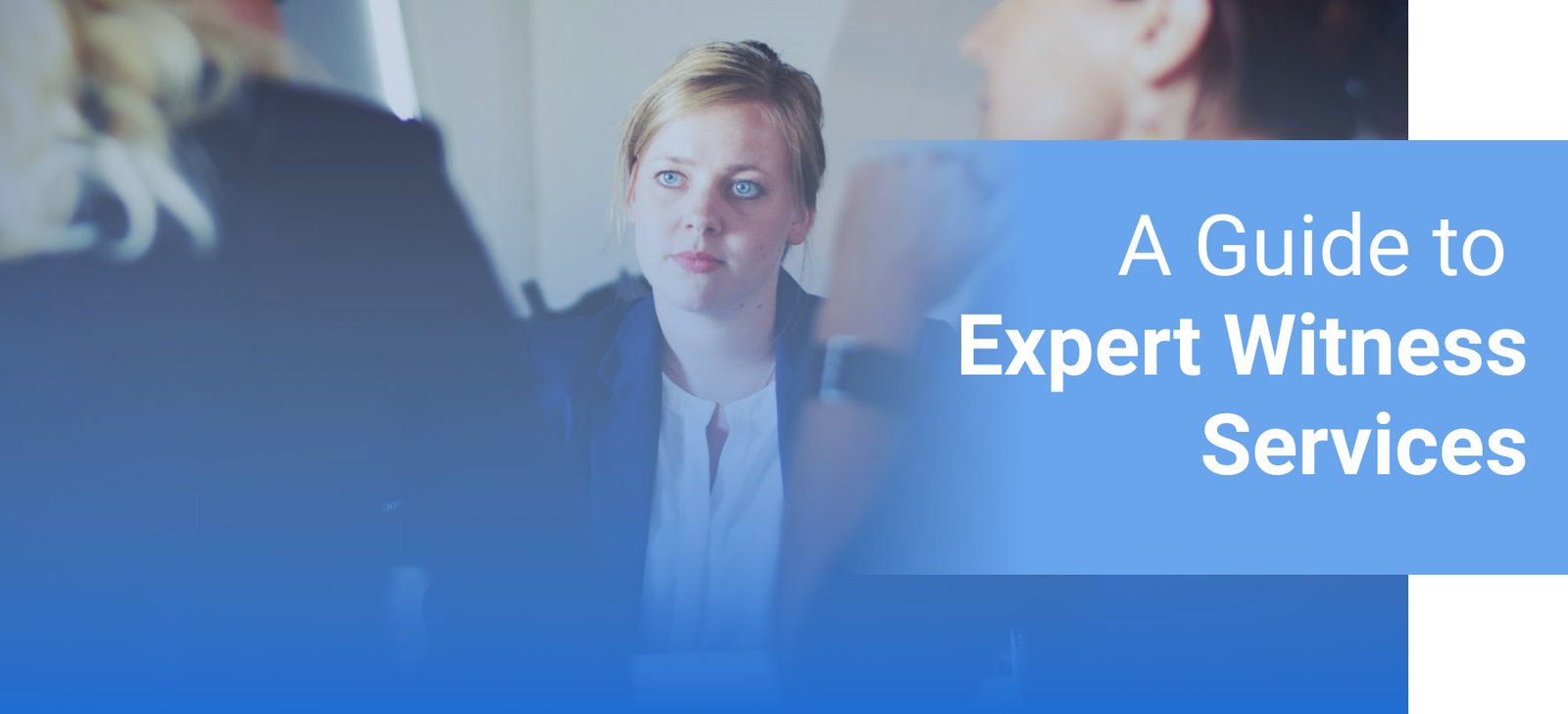
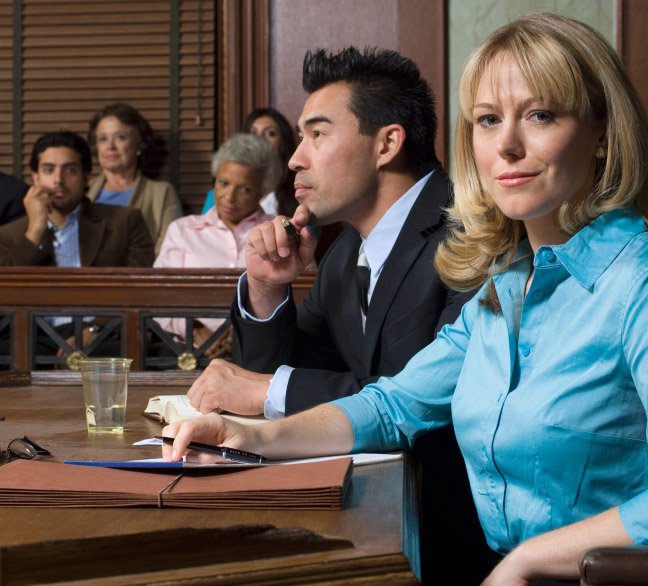
What an Expert Witness is?

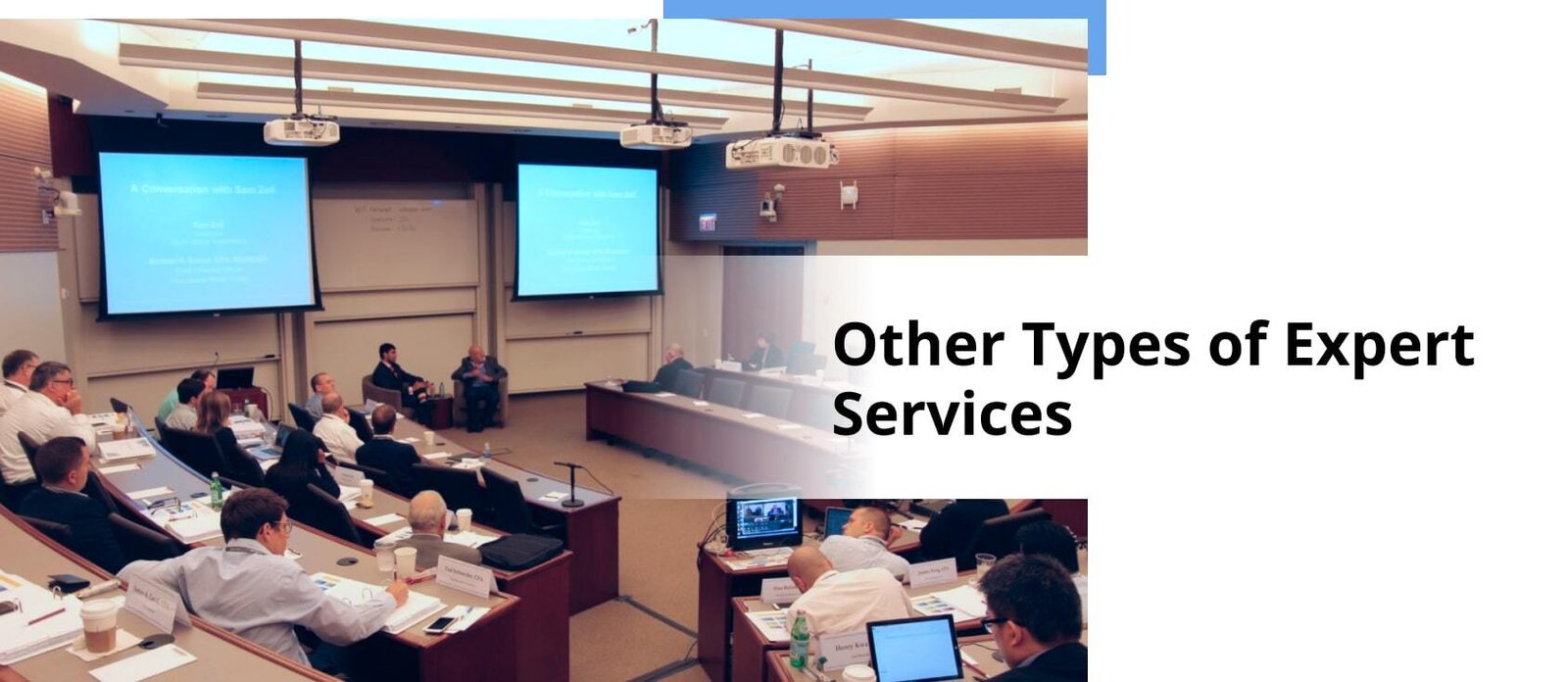
Experts can play a variety of roles behind the scenes alongside one’s attorneys to make sure a case gets a fair and detailed hearing.
- Non-Testifying Experts
- Experts Advisors
- Expert Consultants
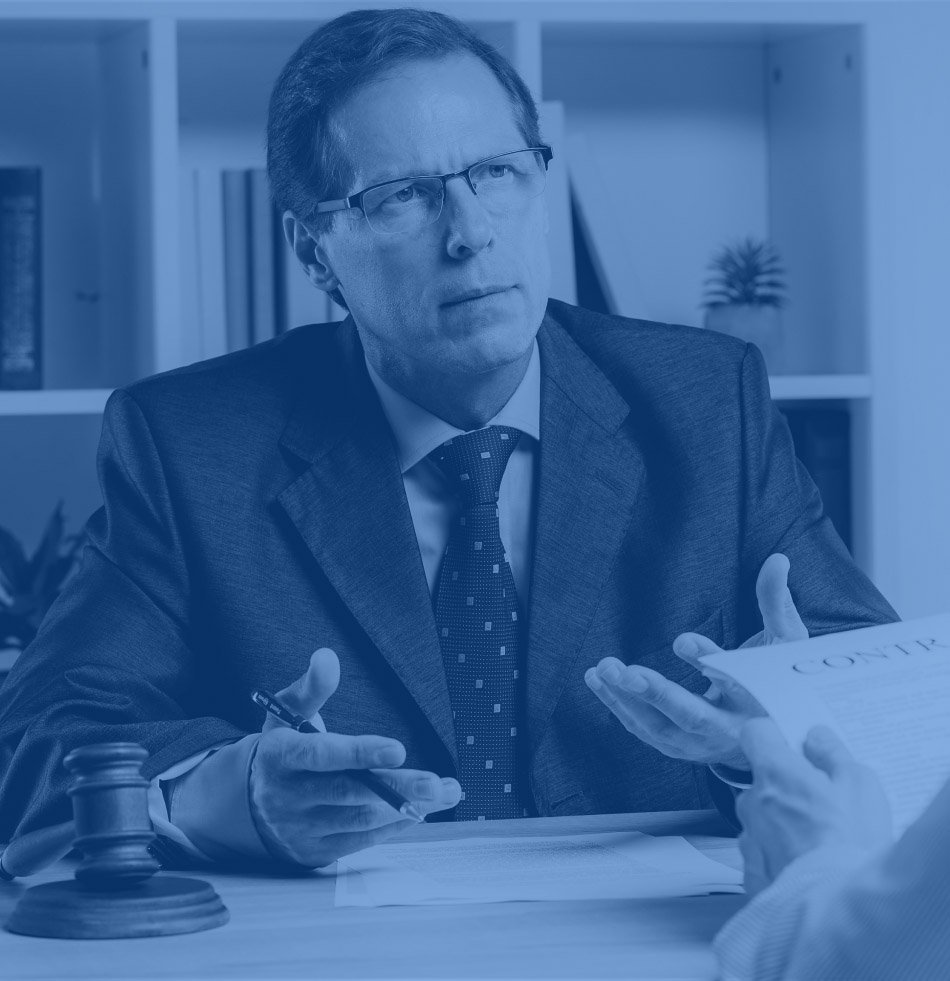
Schedule a Phone or Video Consultation Directly With Our CEO, Sameer Somal.
Learn more about engaging with our Expert Witness Services.

Experts with a Proven Track Record
Having successfully navigated the exacting process of becoming a certified expert witness before, Blue Ocean Global Technology is today an established source of expert witnesses for cases involving digital marketing, the internet, online defamation, and SEO. We have helped numerous clients ensure that their cases were fairly heard in court, and we find fulfillment in doing so. If you are considering, or facing, litigation in one of these arenas or are embroiled in a case already, we can help you and your legal team identify and elucidate the pertinent facts and convey them effectively on your behalf.

Brittney Bagiardi
Business Development & Marketing Manager at Butler Weihmuller Katz Craig LLP February 4, 2020
The Legal Marketing Association’s Tampa City Group was honored to have Sameer come to speak with us regarding Online Reputation Management. Sameer is an energetic presenter who took the time...

Paul Smith, CFA
CEO at Warlencourt Limited; Non Executive Director at Diginex; Senior Adviser at Inflection Point Intelligence
I have known Sameer for over 7 years now. He is a force of nature! I have rarely met anyone with such positive energy and enthusiasm. He is always fun...

Tamie Maffeo
Marketing Manager at NEIRG Wealth Management. & Business Succession Advisers, LLC
Working with Sameer and the team at Blue Ocean Global Technology has been such a positive experience! The ongoing communication combined with the efficiency of work of the team is...

Jay Chong
EVP, Head of e-Mobility Group at SK Group
I had a chance to work with Sameer for several months, and he has been one of the most transparent and responsible people I have ever worked with. He has...

Vern Hayden
Client Advocate at Sovereign Financial Group, Inc
Sameer lives outside the cliche’s of life. Let me put it this way: If you were looking for someone totally committed to helping in a mission, a cause, or company...
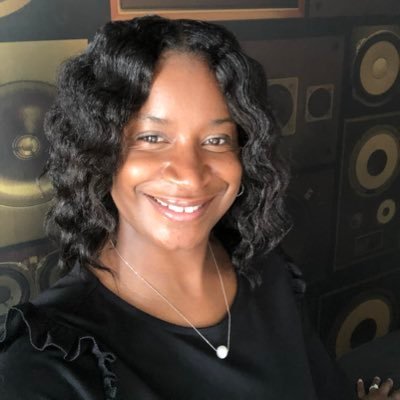
Najah A. Edmondson
Marketing professional at National Center For College & Career Transitions (NC3T), The TASA Group and ASK For Tutoring
Sameer Somal is a personality you cannot forget! I met Sameer one year exhibiting at the Delaware Valley Legal Expo in King of Prussia, PA. It was the end of...
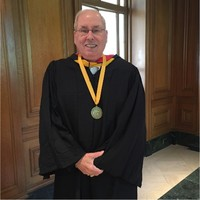
Walt Wiesenhutter
Certified Small Business Mentor at SCORE Mentors Philadelphia. Taught at Harvard University Executive MBA & at Columbia Executive MBA & Northwestern Executive MBA
My name is Walter J. Wiesenhutter and I am loyal client of Sameer Somal’s and Blue Ocean Global Technology. I founded Jay Associates in 1984 and served as president of...

